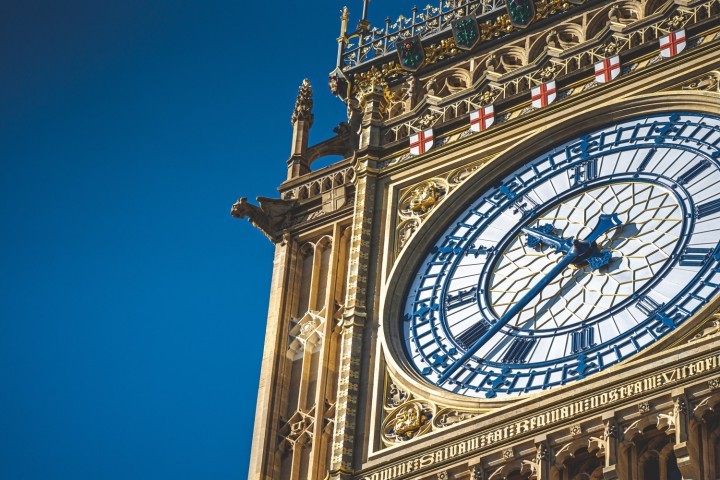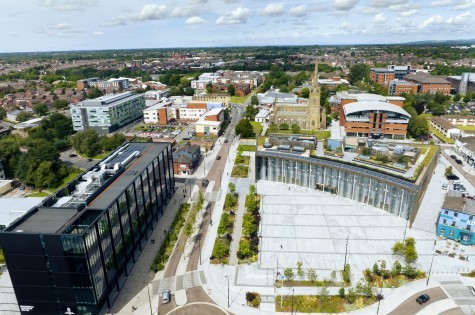Chancellor Rachel Reeves this afternoon unveiled a massive £40bn package of tax rises as she pledged to “restore economic stability”.
As widely predicted, employers’ National Insurance contributions were high on her target list as businesses bore the brunt of the hikes.
Acknowledging that she told the Commons: “We are asking businesses to contribute more” and added: “In the circumstances that I have inherited, it is the right choice to make.”
Employers National Insurance contributions will rise from 13.8 per cent to 15 per cent. In addition, the threshold at which businesses start paying National Insurance on a worker’s earnings will be lowered from £9,100 down to £5,000.
The chancellor said that these changes would raise £25bn a year by the end of the forecast period.
She also confirmed that the low rate of Capital Gains Tax will rise from 10 per cent to 18 per cent, while the higher rate will increase from 20 per cent to 24 per cent.
Delivering Labour’s first Budget speech for 14 years, Rachel Reeves attacked the previous Conservative administration for leaving a £22bn ‘black hole’ in public finances.
She told the Commons her mission was growth and said: “The only way to drive economic growth is to invest, invest, invest.”
Unveiling the tax hikes, she said any chancellor would “face the same reality,” and any “responsible chancellor would take action.”
Amid the tax rises, there was some good news for the retail, hospitality and leisure sectors with a 40 per cent relief on business rates to help the high street.
And a cut in the duty on draught alcohol by 1.7 percentage points means 1p off the price of a pint. The freeze on fuel duty will also remain in place.
Businesses also face a rise in the National Living Wage. Rachel Reeves confirmed it will rise by 6.7 per cent, from £11.44 to £12.21 from April 2025. This year, it increased to £11.44 an hour, from £10.42.
For 18 to 20-year-olds, the minimum wage will rise from £8.60 to £10. In April this year, the rate was increased from £7.49. Apprentices were given the biggest hike, from £6.40 to £7.55 an hour. Prior to this year, it was £5.28.
In terms of inheritance tax, the chancellor said she was taking a "balanced" approach by extending the freeze on inheritance tax thresholds until 2030.
In other moves, the government is going ahead with its pledge to abolish non-dom status and it will increase the stamp duty land surcharge for second-homes, by two per cent to five per cent, from tomorrow.
It was also announced that personal Income tax and NI thresholds will rise with inflation from 2028-29. There had been speculation the chancellor would extend the freeze imposed by the previous government.
A package of investment measures was also unveiled in the speech. Overall the chancellor revealed, the government will invest £100bn in capital spending over the next five years.
There will be nearly £1bn for the aerospace sector, more than £2bn for the automotive sector and up to £520m for a new Life Sciences Innovative Manufacturing fund.
And in a boost to the North West the chancellor announced the government is securing the delivery of the Trans-Pennine upgrade to connect West Yorkshire and Manchester. However, there was no specific mention of any Lancashire investment plans or projects in her speech to the Commons.
The chancellor said there would be more than £5bn for affordable housing. And she confirmed local authorities will be allowed to keep all the receipts from the sale of council homes.
She also promised a £500m rise in road maintenance next year to deliver on a commitment to fix an additional one million potholes each year.
Enjoyed this? Read more from Ged Henderson





















